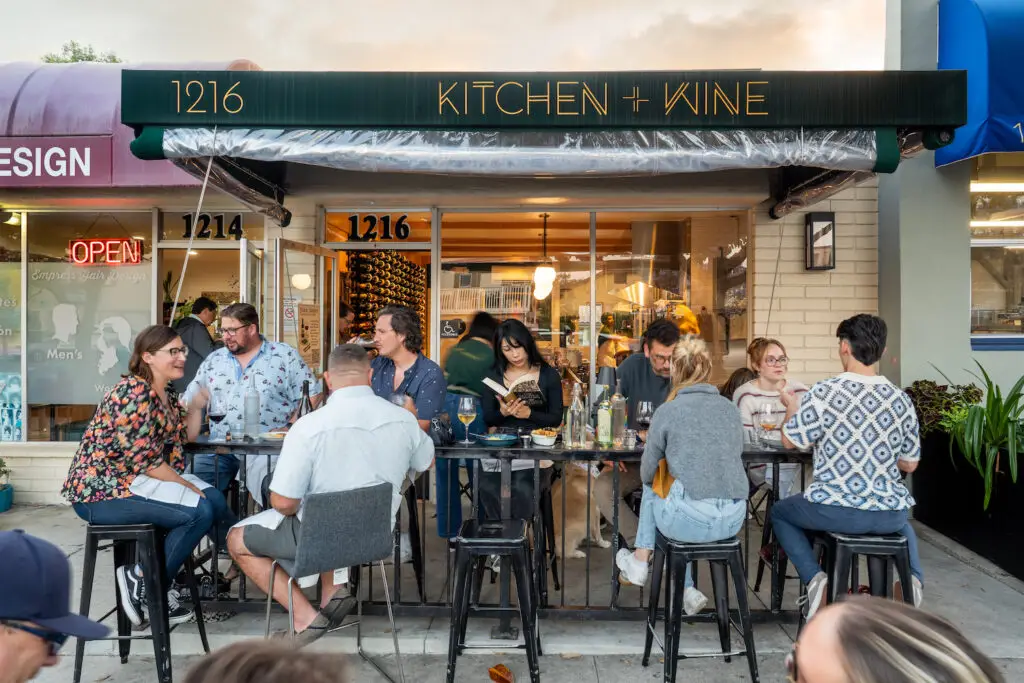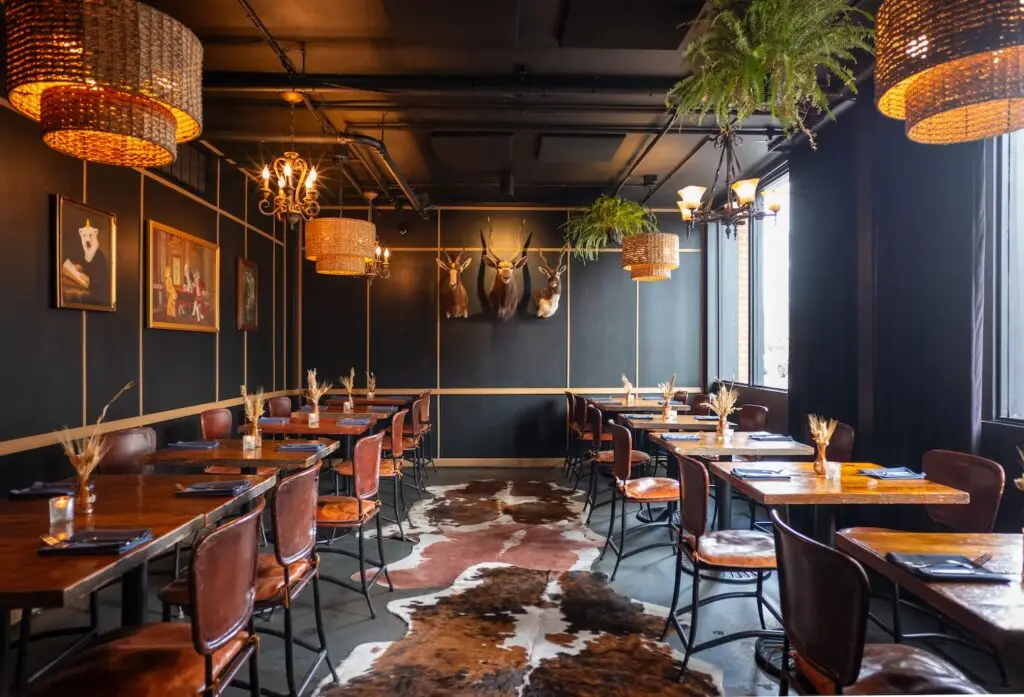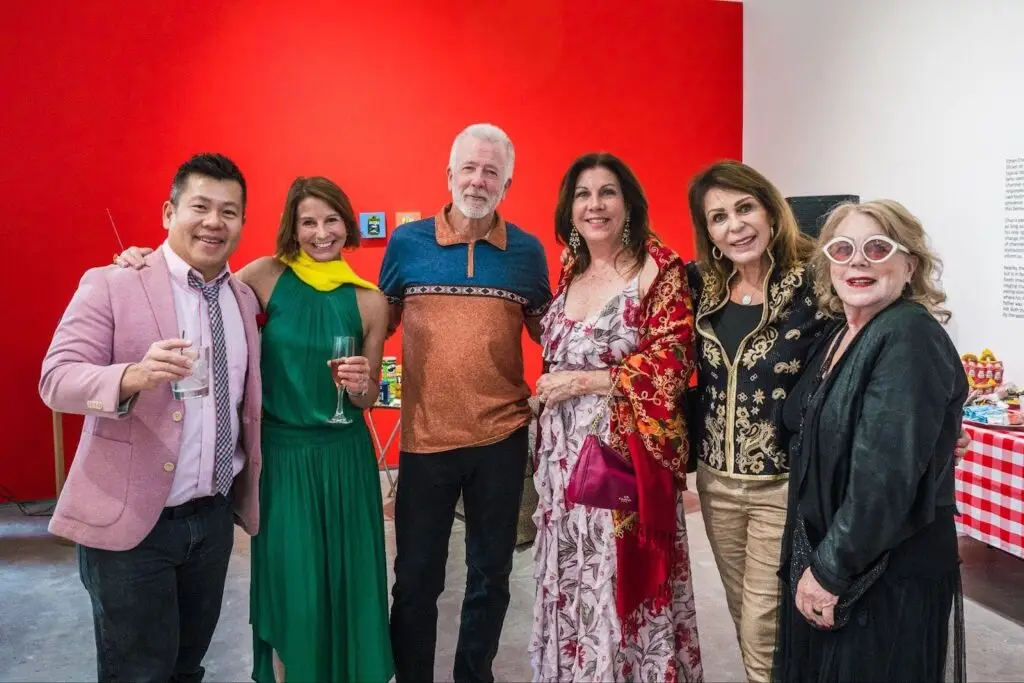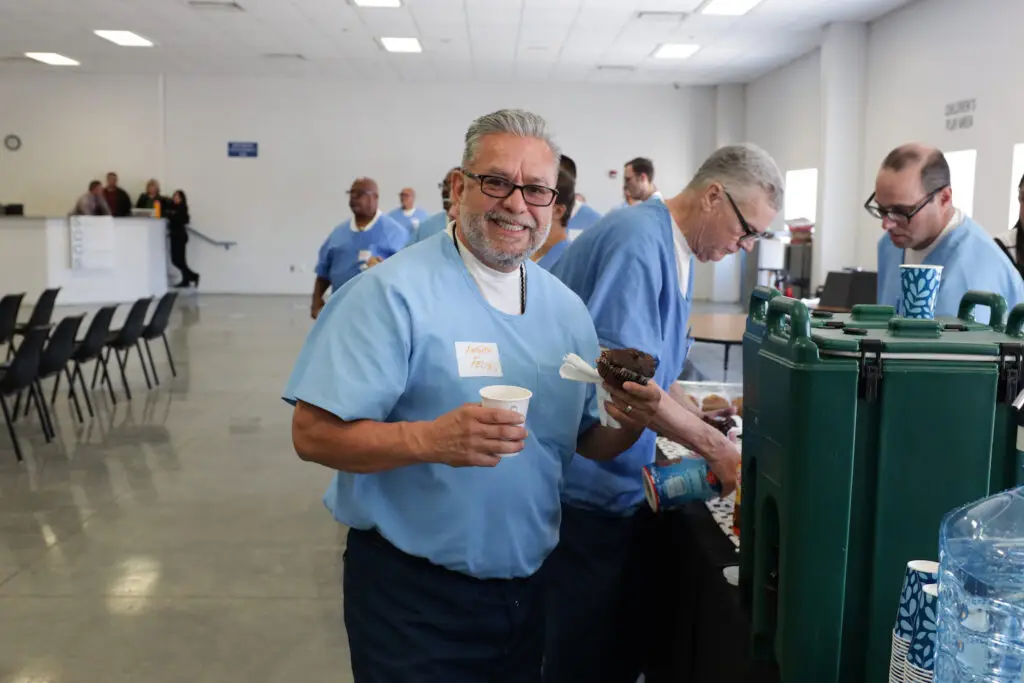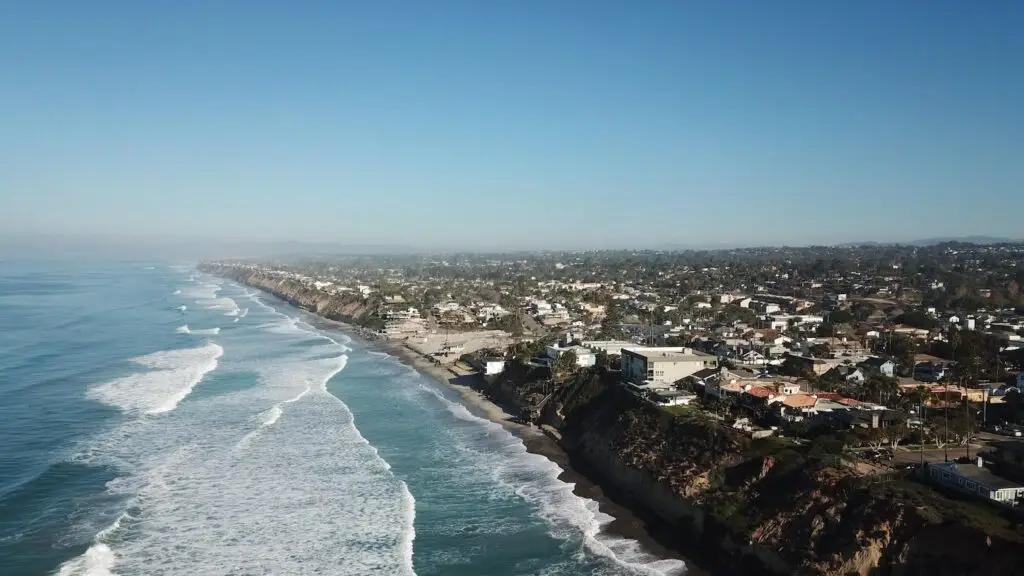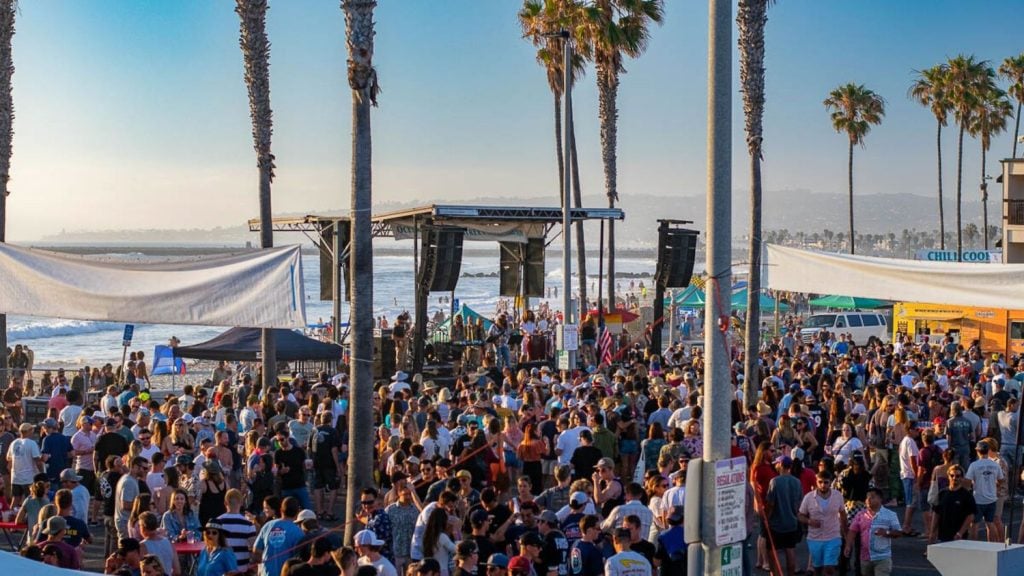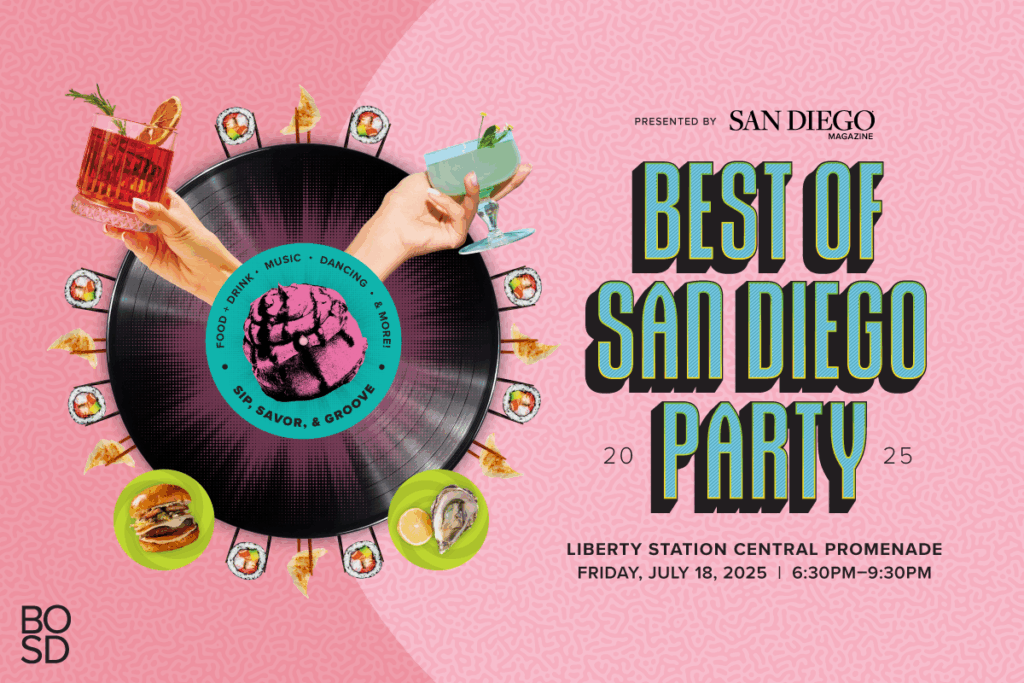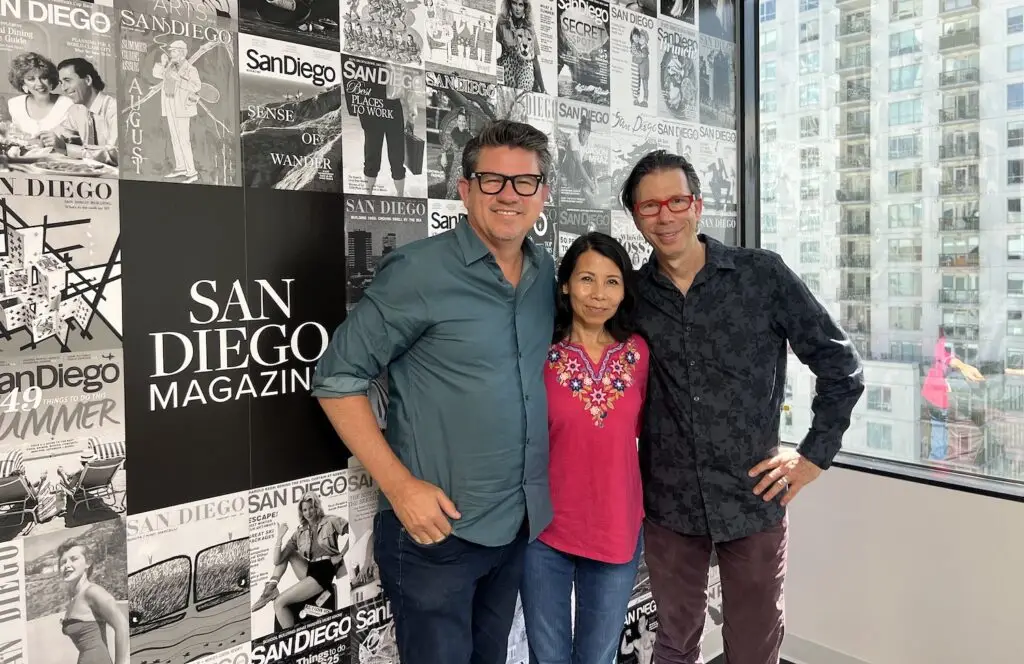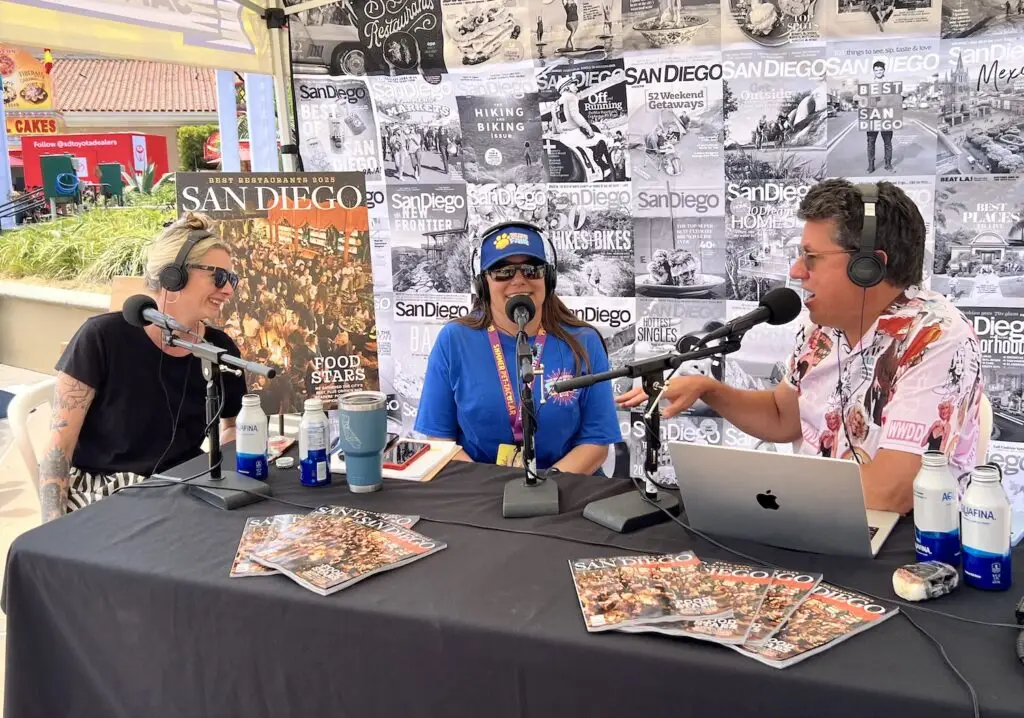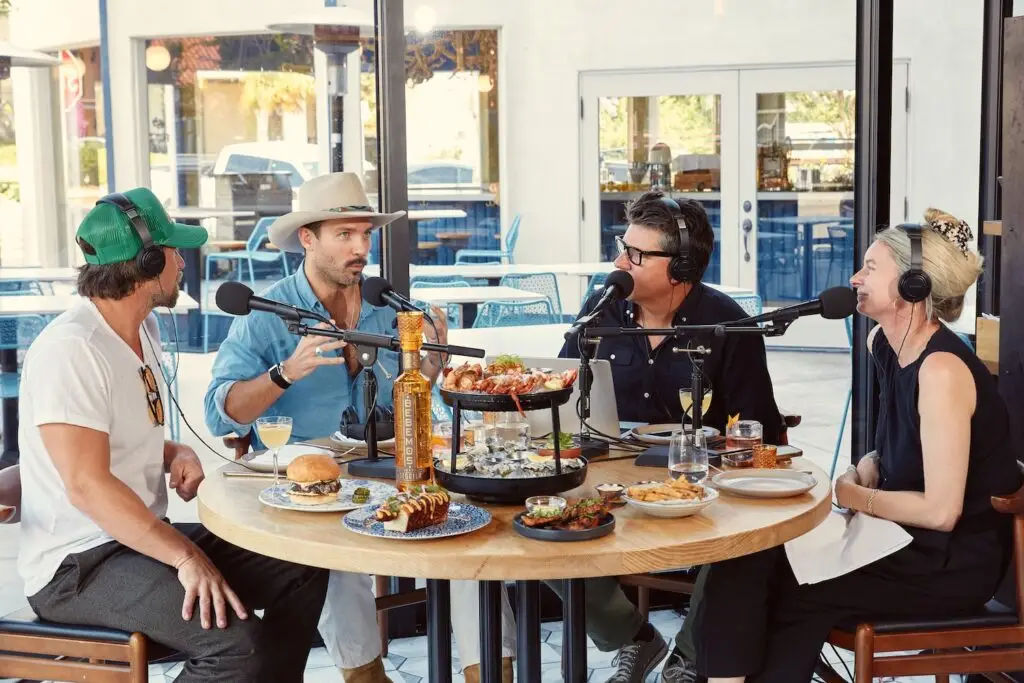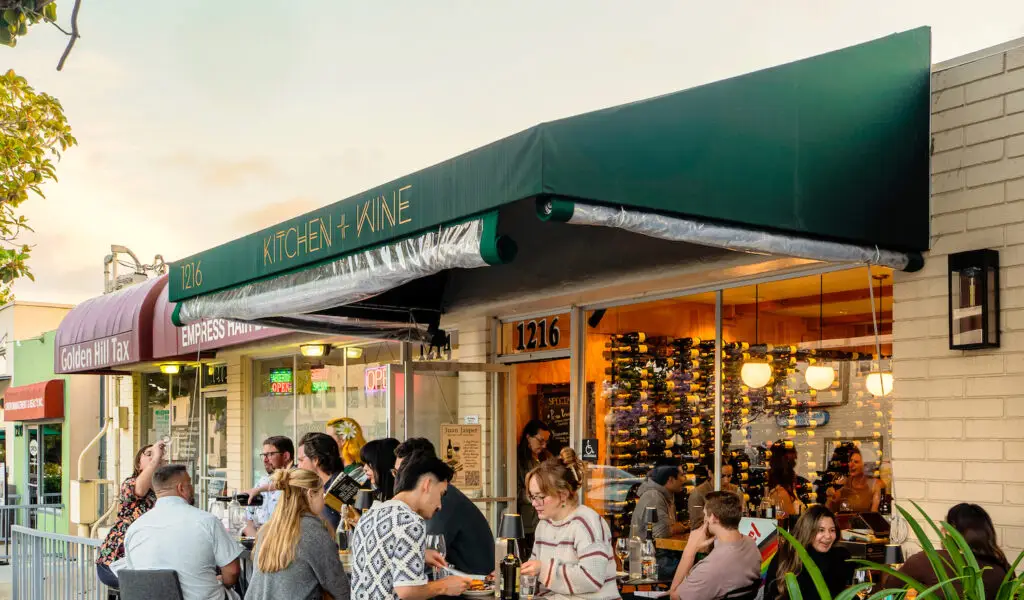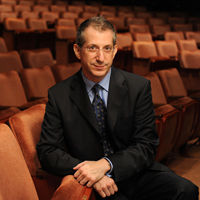On being a
theater town
You can’t be a great city if you don’t have great theater. That’s been true since Athens and the ancient Greeks.
On working
with celebrities
In rehearsal, they’re just like any other actor trying to find the truth in this stuff. You remember that they’re celebrities when you see crowds of people waiting to get their autograph. And you get much better tables when you show up [at restaurants] with Gwyneth Paltrow.
And speaking of
Gwyneth…
She is just completely lovely and funny. Who wins the Oscar for Best Actress, and then signs up to do a play for $400 a week in the Berkshires? But she really wanted to get on stage and connect with the work. I have huge respect for her.
On the importance
of live theater
There’s something about sitting down in a theatre at 8 p.m. and watching a piece of art. At the end, you know a little more about what it means to be a human being, and it makes you feel a little better about being alive.
On SD as the new NYC
Up until now, New York has been the main city of American theater. But it’s not decreed by God that that should be so. San Diego has this sense of possibility and a totally different energy than New York.
On attracting
the masses
We need to make it affordable. It has to be possible for people who are not the 1 percent to take part in this extraordinary art form.
Q&A
What attracted you to the artistic director position at the Old Globe?
Well, its reputation, and decades and decades of extraordinary work. Also, I’m a Shakespearean. I really could name on one hand the theatres in the United States that center on Shakespeare and also do such a wide variety of other work. They’re rare birds, so when the job opened up, I said, “Oh my God, I don’t know really if I have a shot at it, but I’m going to go for it.”
You have a five-year-old daughter and a newborn son. Did they factor into your decision to move here?
It’d be hard for me to name a city in the United States that’s more beautiful than San Diego. And it’s also a really vibrant, burgeoning place. I’ve been learning about this exploding food scene that’s here. Balboa Park is full of extraordinary arts institutions. So yes, the notion that I get to raise my family in a spectacular place while doing this amazing work—it’s just really hard to express the joys.
What’s the most exciting aspect of being an artistic director?
I get to program a season of work on these three beautiful stages. I really feel like a kid in a candy store because I’m a director, so I get to choose plays that I’m excited about and want to direct. I’m a producer, so I get to gather incredibly talented people—friends of mine, and new friends that I’m going to meet in SD—and preside over this explosion of theater activity in my own house. That’s just completely thrilling.
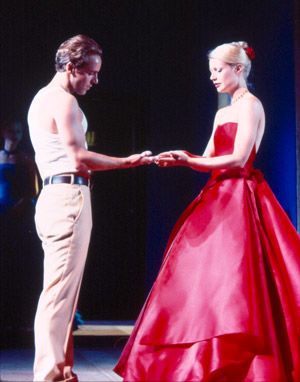
Gwyneth Paltrow and Alessandro Nivola
NPR called you “one of the country’s leading Shakespeareans.” Are you planning to beef up the amount of Shakespeare produced each season?
I do want to see the place do more Shakespeare. I want to see Shakespeare on the indoor stages, in addition to the outdoor stages.
Any other plans or changes?
In my job at the Public Theater [in New York City], I was part of the creation of something that we call “The Mobile Unit,” which takes Shakespeare to prisons and homeless shelters, That’s something I want to create here.
Why the intense focus on the Bard?
If you can do Shakespeare well, you can do anything well. A theater company that builds up the muscles to be able to do Shakespeare brilliantly can pretty much handle anything.
What are some of the overarching themes from Shakespeare’s work that still make him relevant today?
He seemed to be trying to understand the biggest questions of the universe by looking at the littlest details. In Hamlet, he says, “There’s a special providence in the fall of a sparrow.” Every little detail has something wondrous, and he wanted to know why.
Did he really write all those plays?
Absolutely, yes.
How do you balance performing the classics with spotlighting new playwrights and their works?
I want to make sure the Globe is on that circuit of American theatres where the people whose names we already know feel welcome to premiere a new play. But the tricky part—and the fun part—is when an institution can devote resources to discovering a new voice that we haven’t heard.
What about reimagining the classics with today’s voices?
Years ago, I commissioned Steve Martin to translate this crazy German farce from 1910 [The Underpants, which opened at New York City’s Classic Stage Company in April 2002]. And going in, he thought, Well, God knows if this is gonna work, but on the other hand, there’s something about this writer in Germany in 1910 that somehow sounds a little bit like Steve Martin. It turned out to be a very big success, so I want to do a lot more stuff like that at the Globe.
Which upcoming American playwrights or new writers are on your radar right now?
Nathan Englander is a very prominent American novelist and short story writer. I just directed his first play [The Twenty-Seventh Man, at the Public Theater in NYC]. To take a guy who’s a great American writer and say, “Why don’t you try your hand at writing a play?” has turned out to be one of the most exciting adventures in my career.
PARTNER CONTENT
// As told to Kimberly Cunningham
